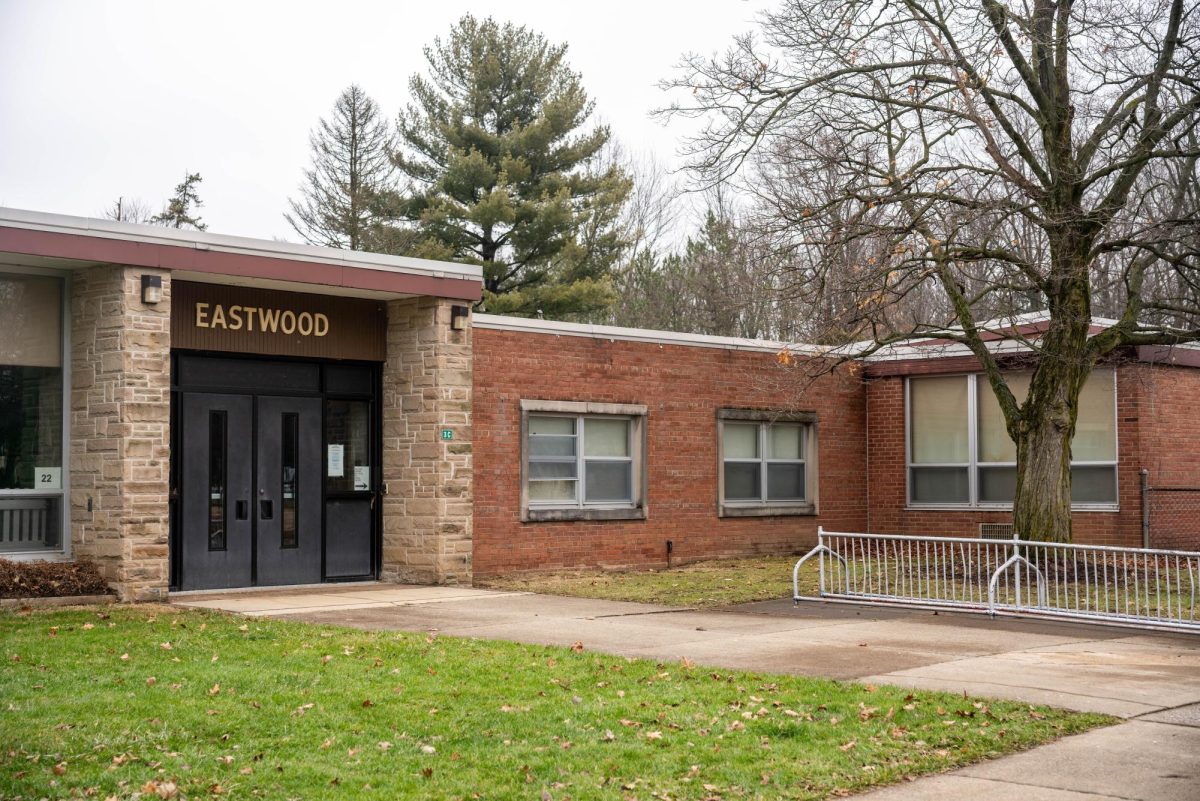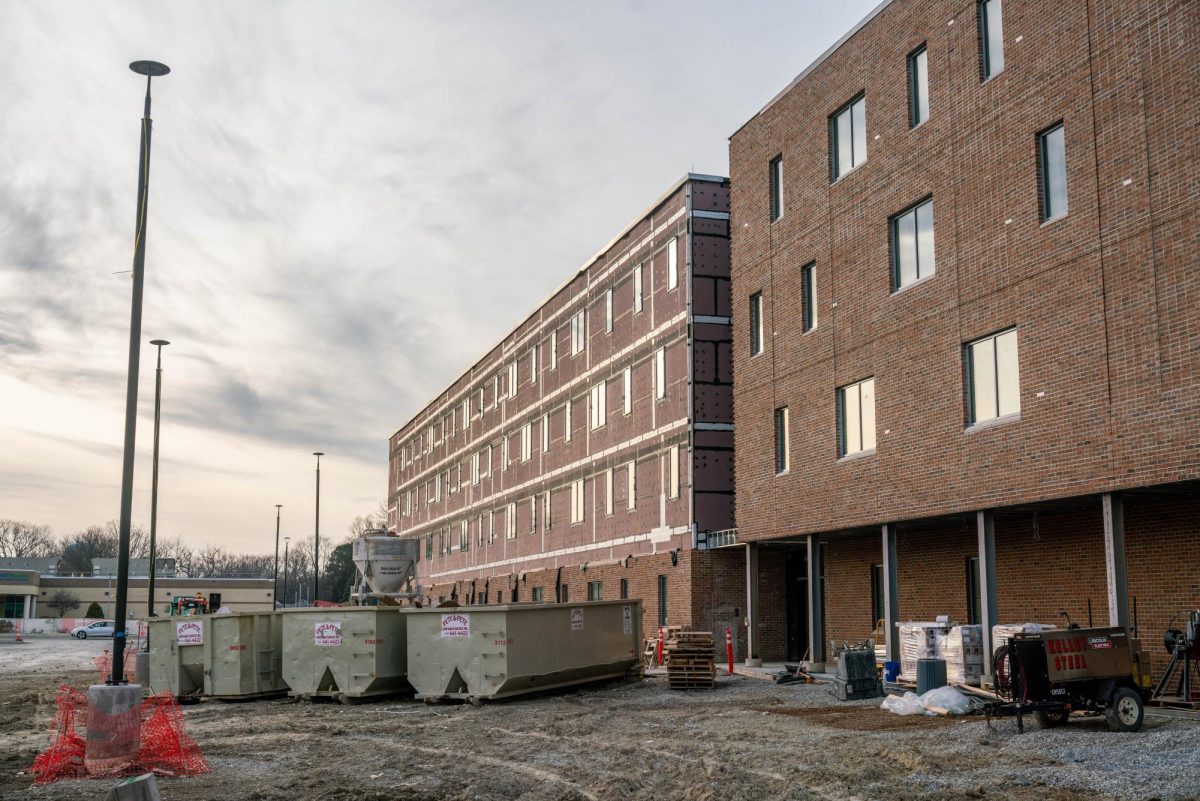Jan. 16 inaugurated the official partnership between the Oberlin Heritage Center and Museums for All. The national program is dedicated to free or low-cost admission for low-income individuals who receive food assistance through the Supplemental Nutrition Assistance Program to museums across the country.
While the Oberlin Heritage Center is already free for children under 18, this new partnership will allow parents and other adults on SNAP benefits to access guided and self-guided tours, as well as warm-weather history walks, at no cost.
Museums for All is facilitated through the Institute of Museum and Library Services and administered by the Association of Children’s Museums.
“Museums for All is a national, branded access program that encourages individuals of all backgrounds to visit museums regularly and build lifelong museum habits,” the Museums for All website reads.
Amanda Manahan, Oberlin Heritage Center museum education and tour manager, said that she first learned about the program a couple of years ago at a museum conference.
“I got to know a little bit more about the program and said, ‘This kind of checks all the boxes of what we’re hoping to do to increase accessibility to our site and to just our history,’” Manahan said.
Executive Director of the Oberlin Heritage Center Liz Schultz emphasized the alignment of Museums for All and the center’s mission.
“We just wanted to formally be part of something that allows more people to be able to afford to attend museums,” Schultz said. “We think Oberlin has a really nationally significant history and inspirational history that you can learn from and set goals from. So we wanted to make sure that anyone who is interested in that is able to partake.”
The Heritage Center offers tours of Oberlin’s historic buildings including the Monroe House, the Little Red Schoolhouse, and the Jewett House. The tours usually cost between $3 to $8 per adult. However, college students with valid ID, active duty military personnel and their families through the Blue Star Museums program, and museum members may already participate in tours at no cost.
“We know that there are people who don’t fall into those categories that could really benefit from having an experience in a museum and being able to take their children and their families to enrich their lives,” Manahan said. “So that’s why we wanted to be part of this program. We felt it was not only mission-driven for us, but is good outreach to the community.”
The Heritage Center offers outreach programs such as field trips, classroom visits, and summer camps for students in addition to having children visit outside of school with their families.
“We [provide] the informal learning that is an alternative to school education, where people can have tactile experiences, where people can really pursue their passions independently,” Manahan said. “And that’s why museums are important. Whether it be an art museum or a science center or a history museum, it’s just a place where a child can be a child and also learn at the same time.”
Schultz similarly highlighted the importance of museums in childrens’ learning outside the classroom.
“I think museums in general are a great family building experience,” Schultz said. “I think with children, you never quite know what they’re listening to on a tour or what they gravitate towards, so just giving that opportunity for them to find things that resonate with them, and that they can learn more about. … I think a lot of experiences for kids today are different, that a lot of them are digital. And museums are very much, ‘You’re in the present and experiencing new things.’”
The Oberlin Heritage Center is open to the public Tuesday–Saturday from 10 a.m.–3 p.m.
“We know that this isn’t an end-all, be-all program, and we know that this still might not be opening the doors to everyone,” Manahan said. “But we invite feedback and suggestions from everybody in the community about how we can make our programs more accessible.”







